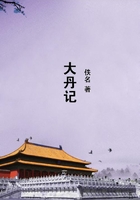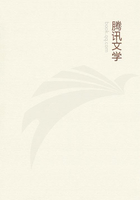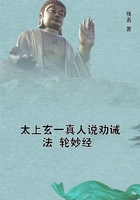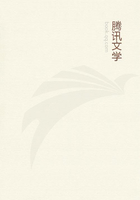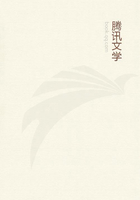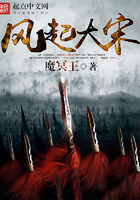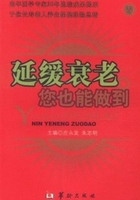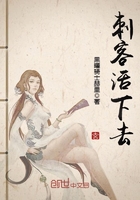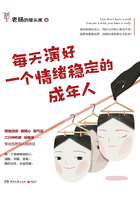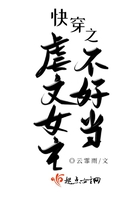THE PEASANTRY OF THE NORTH
Communal Land--System of Agriculture--Parish Fetes--Fasting--
Winter Occupations--Yearly Migrations--Domestic Industries--
Influence of Capital and Wholesale Enterprise--The State Peasants--
Serf-dues--Buckle's "History of Civilisation"--A precocious Yamstchik--"People Who Play Pranks"--A Midnight Alarm--The Far North.
Ivanofka may be taken as a fair specimen of the villages in the northern half of the country, and a brief description of its inhabitants will convey a tolerably correct notion of the northern peasantry in general.
Nearly the whole of the female population, and about one-half of the male inhabitants, are habitually engaged in cultivating the Communal land, which comprises about two thousand acres of a light sandy soil. The arable part of this land is divided into three large fields, each of which is cut up into long narrow strips. The first field is reserved for the winter grain--that is to say, rye, which forms, in the shape of black bread, the principal food of the rural population. In the second are raised oats for the horses, and buckwheat, which is largely used for food. The third lies fallow, and is used in the summer as pasturage for the cattle.
All the villagers in this part of the country divide the arable land in this way, in order to suit the triennial rotation of crops.
This triennial system is extremely simple. The field which is used this year for raising winter grain will be used next year for raising summer grain, and in the following year will lie fallow.
Before being sown with winter grain it ought to receive a certain amount of manure. Every family possesses in each of the two fields under cultivation one or more of the long narrow strips or belts into which they are divided.
The annual life of the peasantry is that of simple husbandman, inhabiting a country where the winter is long and severe. The agricultural year begins in April with the melting of the snow.
Nature has been lying dormant for some months. Awaking now from her long sleep, and throwing off her white mantle, she strives to make up for lost time. No sooner has the snow disappeared than the fresh young grass begins to shoot up, and very soon afterwards the shrubs and trees begin to bud. The rapidity of this transition from winter to spring astonishes the inhabitants of more temperate climes.
On St. George's Day (April 23rd*) the cattle are brought out for the first time, and sprinkled with holy water by the priest. They are never very fat, but at this period of the year their appearance is truly lamentable. During the winter they have been cooped up in small unventilated cow-houses, and fed almost exclusively on straw;
now, when they are released from their imprisonment, they look like the ghosts of their former emaciated selves. All are lean and weak, many are lame, and some cannot rise to their feet without assistance.
With regard to saints' days, I always give the date according to the old style. To find the date according to our calendar, thirteen days must be added.
Meanwhile the peasants are impatient to begin the field labour. An old proverb which they all know says: "Sow in mud and you will be a prince"; and they always act in accordance with this dictate of traditional wisdom. As soon as it is possible to plough they begin to prepare the land for the summer grain, and this labour occupies them probably till the end of May. Then comes the work of carting out manure and preparing the fallow field for the winter grain, which will last probably till about St. Peter's Day (June 29th), when the hay-making generally begins. After the hay-making comes the harvest, by far the busiest time of the year. From the middle of July--especially from St. Elijah's Day (July 20th), when the saint is usually heard rumbling along the heavens in his chariot of fire*--until the end of August, the peasant may work day and night, and yet he will find that he has barely time to get all his work done. In little more than a month he has to reap and stack his grain--rye, oats, and whatever else he may have sown either in spring or in the preceding autumn--and to sow the winter grain for next year. To add to his troubles, it sometimes happens that the rye and the oats ripen almost simultaneously, and his position is then still more difficult.
It is thus that the peasants explain the thunder, which is often heard at that season.
Whether the seasons favour him or not, the peasant has at this time a hard task, for he can rarely afford to hire the requisite number of labourers, and has generally the assistance merely of his wife and family; but he can at this season work for a short time at high pressure, for he has the prospect of soon obtaining a good rest and an abundance of food. About the end of September the field labour is finished, and on the first day of October the harvest festival begins--a joyous season, during which the parish fetes are commonly celebrated.
To celebrate a parish fete in true orthodox fashion it is necessary to prepare beforehand a large quantity of braga--a kind of home-
brewed small beer--and to bake a plentiful supply of piroghi or meat pies. Oil, too, has to be procured, and vodka (rye spirit) in goodly quantity. At the same time the big room of the izba, as the peasant's house is called, has to be cleared, the floor washed, and the table and benches scrubbed. The evening before the fete, while the piroghi are being baked, a little lamp burns before the Icon in the corner of the room, and perhaps one or two guests from a distance arrive in order that they may have on the morrow a full day's enjoyment.

